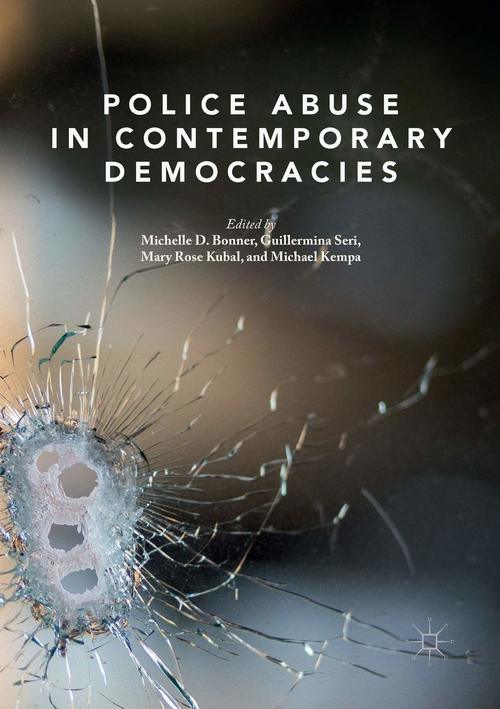Joel DeBellefeuille is regularly featured in Canadian newspapers and media for winning landmark human rights cases in the province of Quebec. His cases have established jurisprudence that is changing the way law enforcement agencies, government agencies and municipalities deal with systemic racism and discrimination within their communities. He is also a passionate businessman, entrepreneur, investor, husband and father.
Mr. DeBellefeuille also led the only electronic petition to the National Assembly on Bill 21 and another for racial profiling in the House of Commons in Ottawa. He is a strong human rights advocate and has appeared in and reported on; Global Television, CityNews Montreal, CBC News, CJAD800, The Montreal Gazette, The Suburban, Montreal Community Contact, The Canadian Press, CTV News, Savoir Media , QUB Radio with Geneviève Pettersen, Noovo.Info, 98. 5FM with Bénoit Dutrizac and Patrick Lagacé, The Aaron Rand Show, Newstalk Radio with co-host Sharman Yarnell, La Presse, The Huffington Post, The Globe & Mail, Vice; as well as a professional panelist for an accredited law course at McGill University and a guest lecturer at McMasters University for a law and sociology course.
MPP candidate Adele Brawley writes about Joel DeBellefeuille's impact on Quebec's paradigm on racial profiling.
READ MOREIn July 2009, a black Canadian named Joel DeBellefeuille was pulled over (for the fourth time in several days [73]) by Longueuil police because, according to documents, "his Quebecois name did not match his
skin tone".
READ MOREThis video is part of a myth busting campaign about the Commission that aims to raise awareness about its mandate and actions. Learn more about #TheCommissionForReal:
www.cdpdj.qc.ca/realBOOK DESCRIPTION
ISBN 3319728830, 9783319728834 -PUBLISHER SPRINGER 2018
Police abuse in democracy often captures national and international media attention. Yet political scientists still devote little attention to the police and its relationship to democracy. In established democracies, such as the United States it is often seen as an aberration requiring a technical fix. In newer democracies it is often seen as a legacy of authoritarianism or civil war. This panel questions these assumptions and asks how, putting police abuse at the centre of our analysis, does it force us to rethink our conception and analysis of democracy in terms of citizenship, accountability, and socio-economic inequality. Using examples and case studies from the US, France, Chile, Argentina, India, Canada and Brazil, we show how integrating police abuse can contribute to a more robust study of democracy.




